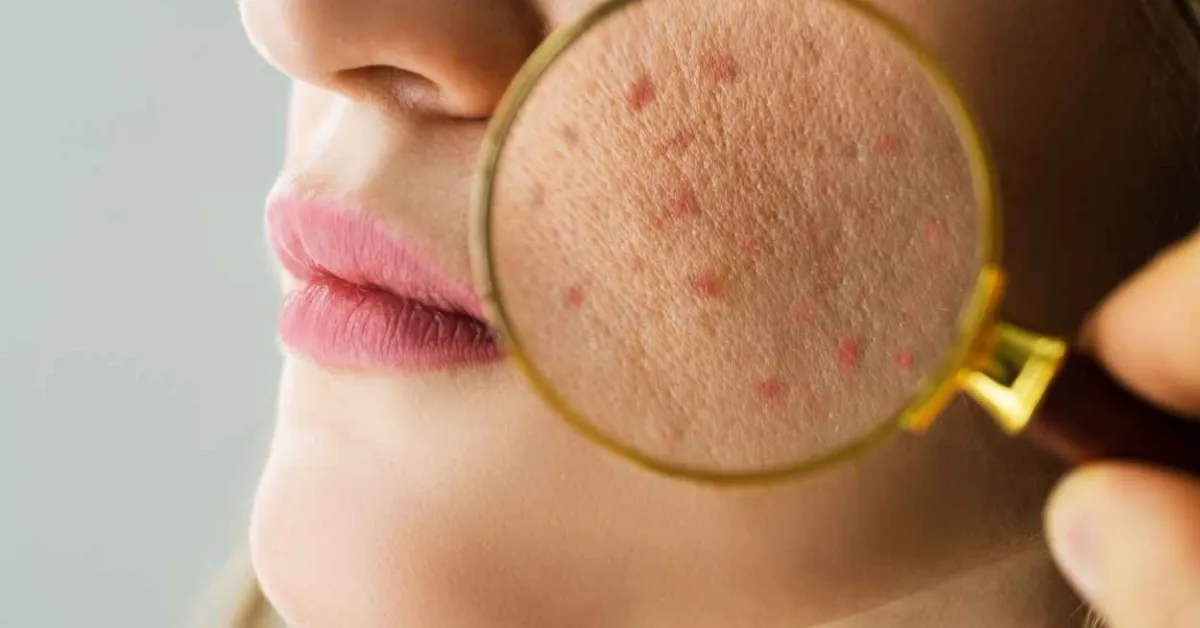 Vinay Kumar Singh.
Vinay Kumar Singh.
Head-Formulation
Kumar Organic Products Research Centre Pvt. Ltd.,
Bengaluru
Email : formulation_krc@kopresearchcentre.net
The skin barrier is the outermost layer of our skin that serves as a protective shield. Basically, the entire purpose of your skin barrier is to protect your skin from environmental stressors, irritation, and inflammation, while holding onto all the good stuff (like moisture).
Our skin is made up of layers, each of which performs important functions in protecting your body.
The outermost layer, called the stratum corneum, It’s dead, not alive, often described as brick wall. It consists of tough skin cells called corneocytes that are bound together by mortar-like lipids. This is skin barrier.Inside the skin cells, or “bricks,” keratin and natural moisturizers are present. The lipid layer contains:
• cholesterol
• fatty acids
• ceramides
This layer also contains a protein called filaggrin, which helps make natural moisturizing factors (NMF) for the skin.
This fantastically thin brick wall protects from various harmful environmental toxins and pathogens that could penetrate our skin and cause adverse effects inside our body which is live.
Skin barrier’s role is to keep that living organism well-protected from things that could harm it. It is like armor, protecting all the delicate skin just beneath the surface. It works to keep water in and to keep chemicals and infectious bacteria out, So it’s very important for our skin health.Additionally, without this skin barrier, the water inside our body would escape and evaporate, leaving us completely dehydrated.
Our skin barrier is essential for our overall health and needs to be protected to help our body function properly.
If skin barrier is damaged due to an underlying skin condition, you should work with a dermatologist to make sure you’re doing what’s right for your specific needs. Medical conditions associated with having a poor skin barrier include:Adult acne, Atopic dermatitis (eczema), Ichthyosis, Rosacea, Psoriasis.
But sometimes, the damage comes from things you do (or don’t do) to your skin. There are many things that can break down your skin barrier and make it not work, like:Using harsh chemicals or soaps, Over-exfoliating or scrubbing your skin, Not using a moisturizer.
Aggressive skincare products, complex skincare routines or lack of skincare can cause a damaged skin barrier. Overuse of skincare acids and wrong use of skincare products can also damage the skin barrier. Even not using sunscreen can make your skin barrier prone to damage. Alcohol-based toners, chemical face masks, and over-exfoliating skin will also lead to a damaged skin barrier.
How torepair skin barrier
Skin barrier is capable of repairing itself. Our body goes into repair mode every time it’s damaged. It’s constantly being repaired. There are a variety of self-repair mechanisms at play, including an increase in production of lipids such as ceramides and an increase in natural moisturizing factors, which help maintain moisture and reduce water loss.
The skin barrier has its own regenerative capacity, but there are also things we can do to help facilitate the recovery process. As a general rule of thumb, moisturizing (at least twice per day) is going to be the best move. “Moisturizers are important for improving and maintaining barrier function and can help both prevent and repair damage.
Most moisturizer formulas contain three categories of ingredients: humectants, which attract water to the skin; emollients that soften and smooth the surface; and occlusives, which sit on top and seal in moisture. All of these can help create a healthier environment in which the skin can better repair itself.
One step further, is to seek out moisturizers that list ingredients that will actually help repair the barrier itself. The most common ones are ceramides, fatty acids, and cholesterol all of which, again, are components of that “mortar” in the brick wall analogy. They can help compensate for a deficiency in our skin’s natural lipids and ultimately aid in barrier repair.
But what we don’t do and the products we are not using when your face’s protective layer is out of whack is equally as important. For starters, if you have any of the symptoms of a damaged skin barrier, exfoliating is the last thing you should do, as it will only make things worse, causing further damage and irritation. That means pausing on facial scrubs, as well as laying off any products that contain chemical exfoliants such as alpha hydroxy acids, beta hydroxy acids, or retinoids until your skin calms down.
Avoiding sodium lauryl sulfate (SLS) is also a nice move, as it’s a common ingredient found in cleansers that can dry out the skin in people who are sensitive, exacerbating barrier damage.
So If our skin feels dehydrated and inflamed, we might be dealing with a damaged skin barrier, which we must take care of.









